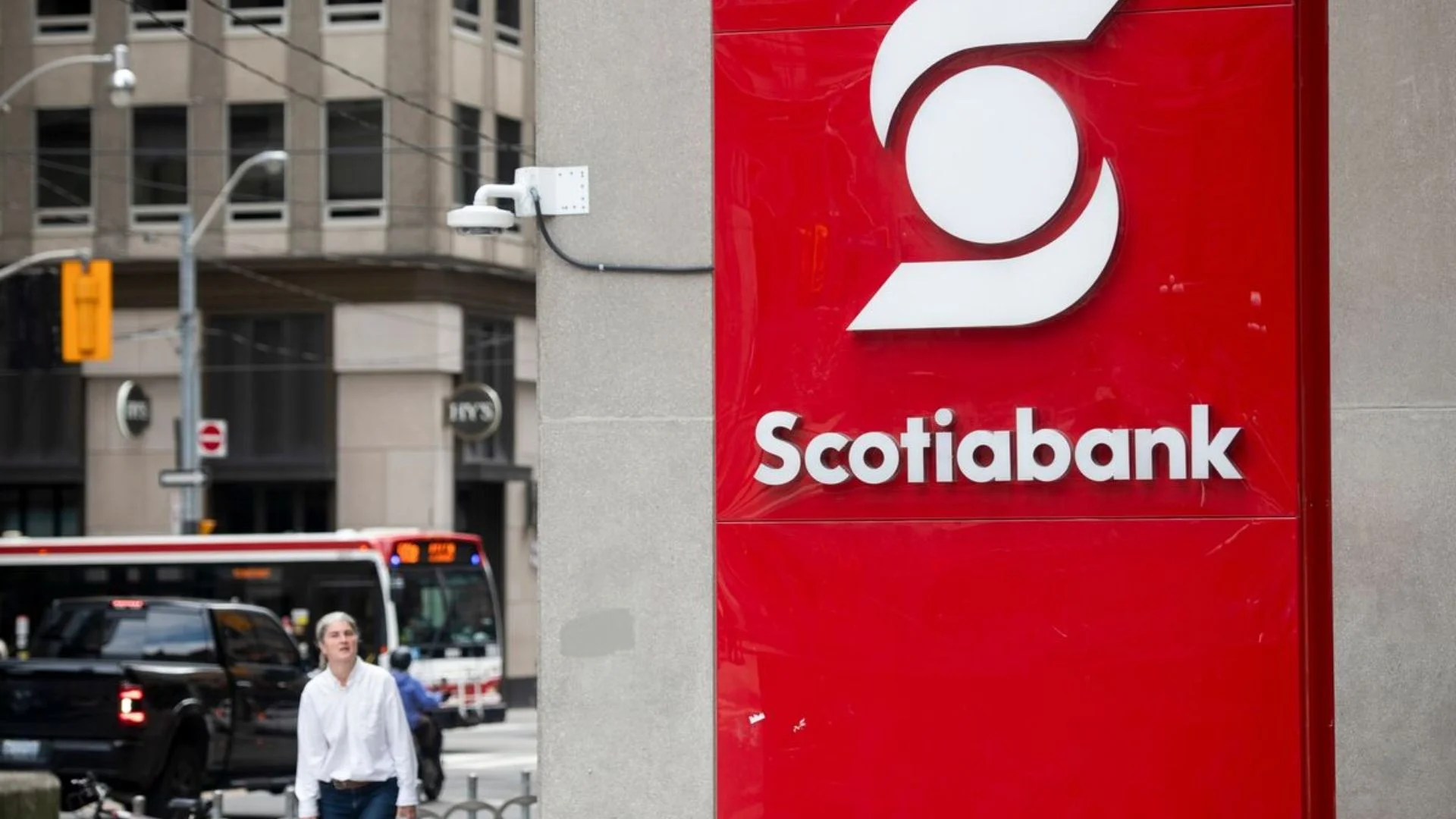Delhi reported 7,178 Covid-19 cases in the last 24 hours—the highest number of cases ever in the city. The daily corona cases in the national capital had so far never breached the 7,000-mark.
For last three days, Delhi had been reporting over 6,000 coronavirus cases daily. The second-biggest spike in cases was on 4 November, when the city reported 6,842 cases. The cases are now at 4,23,831. Government data shows 64 deaths were reported in the last 24 hours, and the death rate stands at 1.6 per cent, while the recovery rate is 89 per cent.
To make things worse is the deteriorating air quality in the national capital, which experts say may further spike Covid cases in Delhi. Poor air quality in winter could have a big impact on health as experts widely believe that those with co-morbidities are at a higher risk as the virus is known to affect the respiratory system.
Amid alarming rise in cases, if an IANS report is to be believed, the national capital is staring at a Covid-19 disaster, with the Delhi high Court on Thursday criticising the AAP government over its handling of the pandemic and stated that Delhi was on its way to become the “corona capital of the country”.
The latest upsurge has brought about a collapse of healthcare facilities in the national capital, reports IANS. For over a week, the ICU ventilator beds across 96 hospitals in Delhi designated for the treatment of Covid-19 are in short supply. Patients are running from pillar to post just to occupy a single bed.
The situation is equally bad at India’s premier medical institute, All India Institute of Medical Sciences (AIIMS) which is reeling under pressure from Covid and non-Covid cases alike. Doctors at the hospital described the situation to IANS as complete chaos. “Just look at the queue formed outside,” pointed out Dr Roshan Mathew, in-shift Chief Medical Officer (CMO) of the emergency ward, to this correspondent. “We are already short staffed where half our staff is catering to COVID patients, while the remaining are divided in serving OPDs/IPDs, emergency wards or serving their isolation/quarantine period. The current spike is breaking our back. The patients are queueing outside the wards and we are striving hard to provide medical care to each one,” he added.
Apart from the current spike in cases, Mathew stated that another reason for the huge influx of patients coming to the hospitals was the conversion of two top-tertiary care hospitals in Delhi to dedicated Covid facilities. This has diverted patients from the two hospitals—Lok Nayak Jai Prakash Hospital (LNJP) and Guru Teg Bahadur Hospital (GTB)—to AIIMS, raising its occupancy by 10% at least.
Records show that LNJP and GTB were treating at least 15,000 outpatients daily before turning into dedicated Covid facilities, while AIIMS used to treat 1.5 lakh patients every day.
Dr Amarinder Singh Malhi, Assistant Professor, Department of Cardiovascular Radiology, AIIMS, gave another reason for the additional load in the hospitals. He observed that patients with non-communicable diseases, who had been holding back due to fear of contraction, are now visiting the hospitals. “We are into the ninth month of the pandemic and the patients with underlying disease are now realizing that it is not going anytime soon. So now they are approaching hospitals to resume their treatments. Unfortunately, many among them are contracting the viral disease during the treatment, leading to further increase in the infection tally of the capital city,” he added.
However, one major aspect that has contributed majorly to the surge in Covid cases is the increasing laxity in following Covid-appropriate behaviour among the public.
WITH IANS INPUTS






















